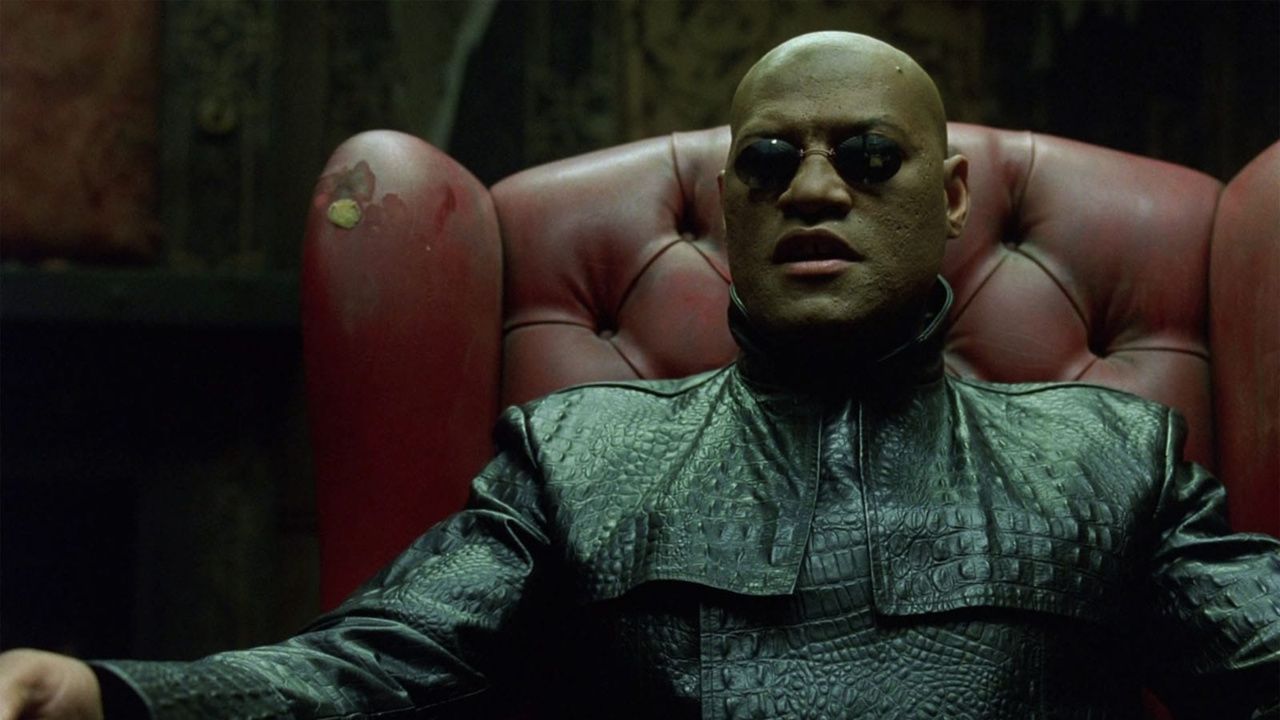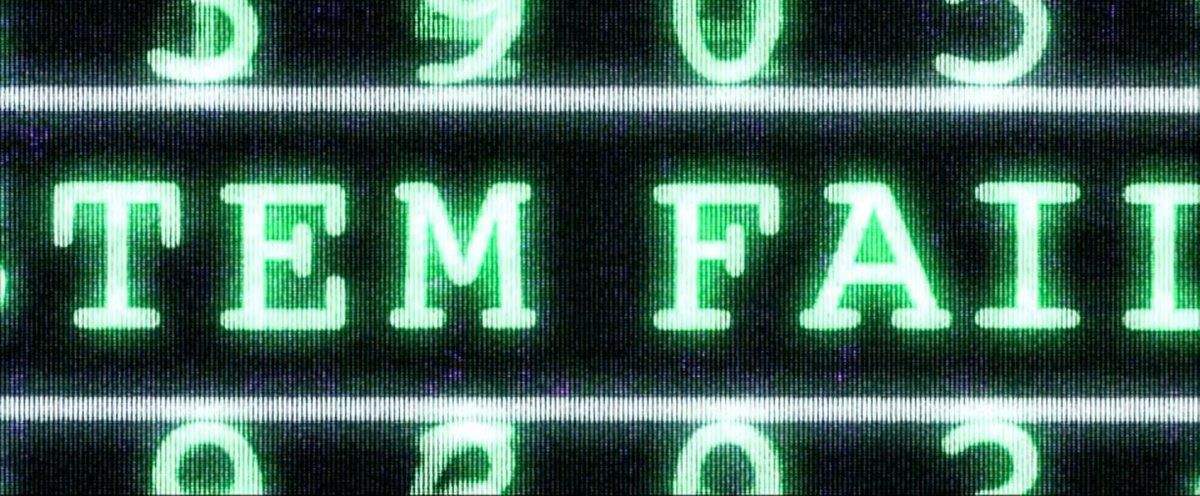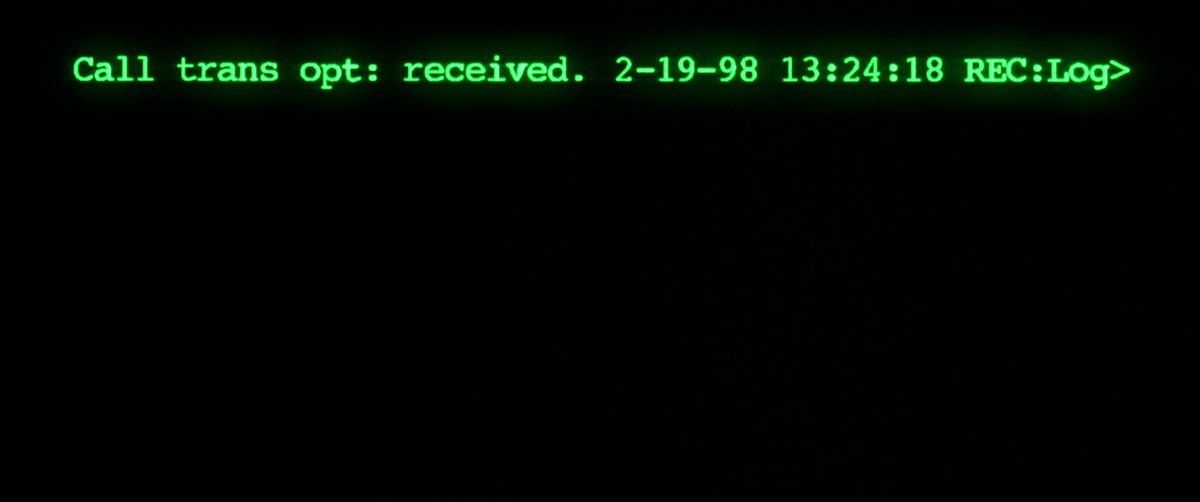Art, like gender, can be extremely fluid: able to be interpreted in vastly different ways by people of all ideological persuasions. The Matrix franchise is one of the best-known examples of this, thanks to both its immense popularity and rich theoretical subtext. Between books of philosophy and feature-length documentaries, not to mention thousands of videos and essays by fans and critics, the film series from the Wachowski sisters has provoked a range of reactions. The most woeful of these has been the appropriation of the film's use of red pills and blue pills to either awaken a person to 'true reality' or remain asleep; the term "redpilled" has been co-opted by the alt-right movement and white nationalists to express their embrace of their own phobias and bigotries.
This is remarkable, considering The Matrix was created by two transgender women, albeit before either of them had come out publicly, and is often seen as an allegory for their experience. Lilly Wachowski has since confirmed this interpretation in a video for Netflix Film Club, though Lilly agrees that art is fluid and changes over time, "that there's like an evolution process, that we as human beings engage in art in a non-linear way, that we can always talk about something in new ways and in new light." She goes on to say,
I'm glad that people are talking about the movies with a trans narrative... I love how meaningful those films are to trans people in the way that they come up to me and say 'these movies changed my life'... The idea of the seemingly impossible becoming possible, that's why it speaks to them so much... I'm glad that it has gotten out that that was the original intention, but the world wasn't quite ready at a corporate level.
Once the idea has entered a viewer's head, like an egg ready to hatch, it's impossible not to read the film through the lens of transgender experience. In fact, the term 'egg' has become colloquial parlance within the LGBTQ+ community, used only by trans people to describe the period when a person is unaware of their gender identity or unable to deal with it, despite yearning to break free of whatever is confining them. The process of cracking that egg and emerging out of it is messy and painful, but brings about new life. One can see this explicitly in The Matrix as Neo finally breaks out of the egg-like machine he was previously unaware of being in, where his consciousness was uploaded to a different world. It is a gooey, messy process, and adjusting to his new reality is difficult and often painful but ultimately authentic and true.
"You know something. What you know, you can't explain it, but you feel it. You've felt it your entire life," Morpheus tells him. "That there's something wrong with the world. You don't know what it is, but it's there, like a splinter in your mind driving you mad." This line is one of many in the film which accurately captures the 'egg' experience. Indeed, trans writer Emily VanDerWerff has related the film to the language of eggs, saying that it "replicates what the trans experience is like prior to coming out." What Morpheus says here has resonated with so many in the LGBTQ+ community.
Morpheus is a chosen name. He and all those who have cracked the egg refer to Thomas Anderson (a surname which sounds like "androgen") by his chosen name, Neo. Nobody is ever deadnamed in their community, only by the agents of authority within the matrix—this is just the tip of the allegorical iceberg. A thread of tweets from Netflix explores some of these in more depth, noting that the red pill has been compared to the red anti-androgen pill Spironolactone, and showing that the final scene zooms into the computer text "SYSTEM FAILURE," moving closer to the letters until the camera literally pushes through the space between "M" and "F," or male and female.
The reference points are endless. Cael Keegan, in the new book Lana and Lilly Wachowski: Sensing Transgender, explores the slow-motion physicality of the bullet battles in the film, writing that it “gives the sensation of two temporalities at once […] an effect resonant with the experience of gender transition and its multiple embodiments across time.” The first film actually opens and closes with the three words "Call trans opt," and is thus bookended by the the word "trans." The character Switch was originally written to change genders between being in and out of the matrix.
The plot of The Matrix can be seen to parallel transgender identity development, according to Joseph Currin's academic essay Taking the Red Pill. This makes supreme sense, considering the film is essentially about Neo's struggle with his own identity, transitioning away from being Thomas Anderson, accepting himself as Neo and navigating the concept of being The One; this process is a confirmed reflection of the Wachowski's own journeys. Trans author and film critic Andrea Long Chu sums this up succinctly in an article for Vulture, adapted from her book Females-- "The symbolism is easy to find. Thomas Anderson's double life, his chosen name, his vague but maddening sense that something is off about the world. ... Neo has dysphoria. The Matrix is the gender binary. The agents are transphobia."
With The Matrix: Resurrections coming to theatres later this month, perhaps it is time to reclaim the "red pill, blue pill" symbolism from the online trolls who have appropriated it. Among others, trans writer Henry Giardina views the pills as the difficult choice between "coming out" and "staying in the closet," writing that,
the film’s allegory holds strong. When you’re faced with the choice to come out of the closet, you’re facing a scary, life-altering decision. You can either keep being miserable in this world, or find another, kinder one, after undergoing a lot of pain and torment.
The trailer for The Matrix: Resurrections seems to hint towards even further explorations of the transgender experience, at least from what's been seen. From Neo's therapy to his face shifting into another person's, along with the myriad excellent queer actors appearing and being represented in the film, the Wachowski sisters certainly have more to offer about their lives and the varied experiences of LGBTQ+ people everywhere, and the world thanks them for that.




